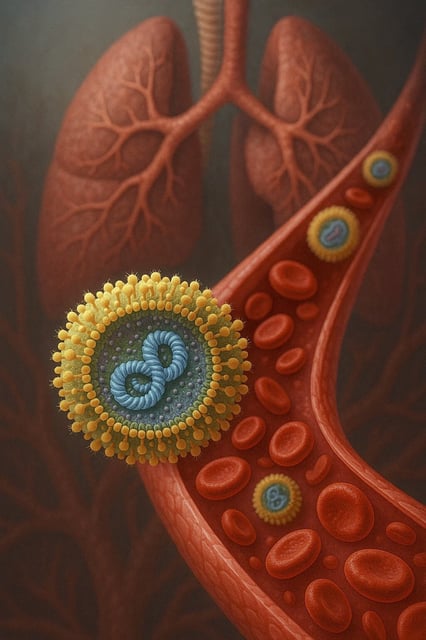Overview
- Researchers used a split-Ugi chemical reaction to synthesize and screen over 150 ionizable lipids, identifying novel nanoparticles optimized for lung delivery of mRNA and gene-editing tools.
- In vivo tests showed the nanoparticle carriers significantly slowed lung cancer progression in mice.
- The system preserved genetic payload stability through mucus and immune barriers, ensuring targeted uptake by pulmonary cells and reducing off-target effects.
- Modular lipid design allows potential customization of the delivery platform for other organs beyond the lungs.
- The work, funded by the Cystic Fibrosis Foundation, National Cancer Institute and National Heart, Lung, and Blood Institute, appears in Nature Communications and the Journal of the American Chemical Society.

